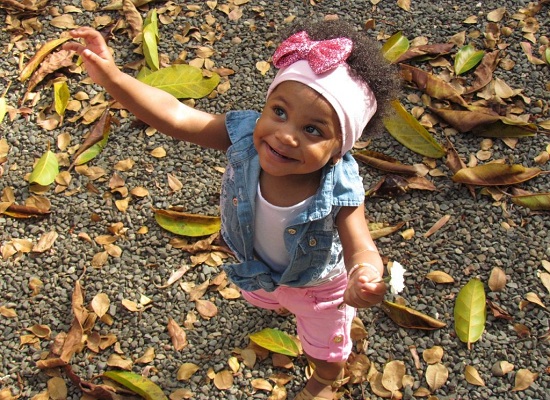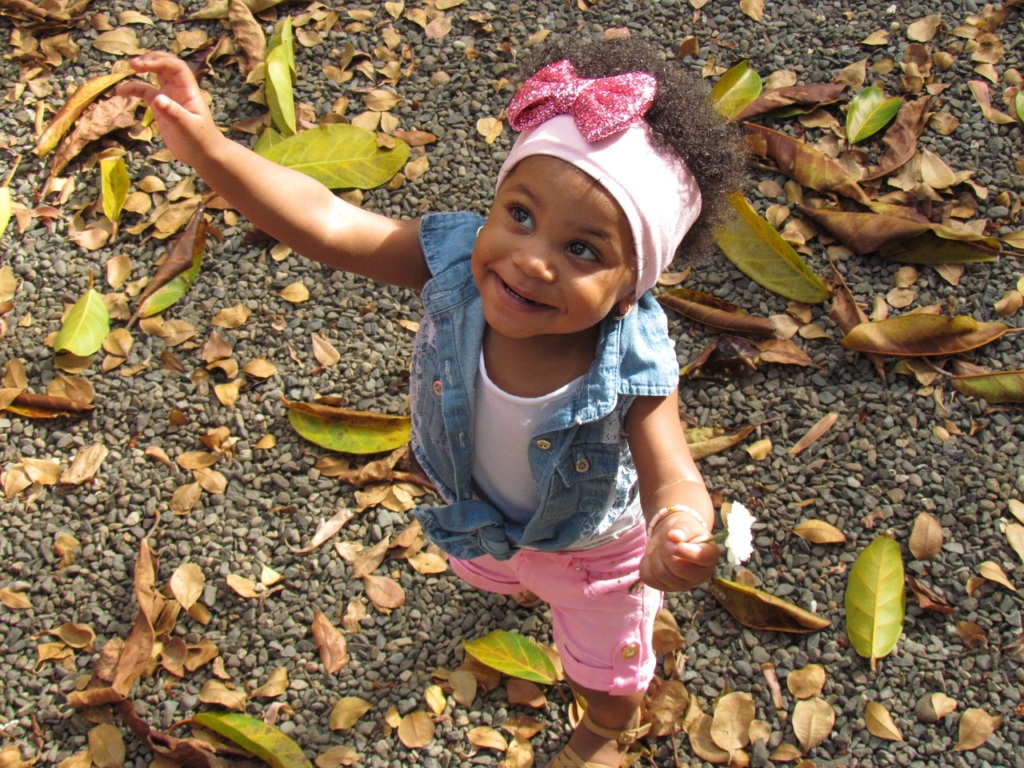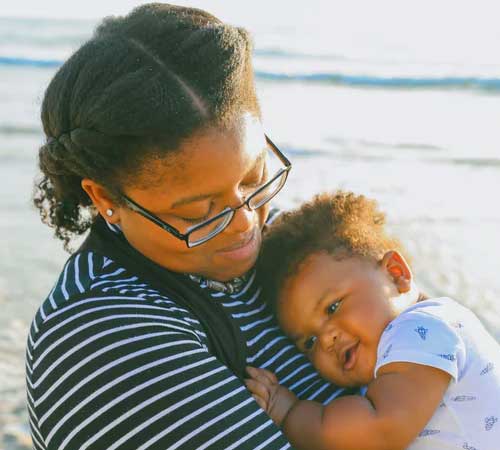

…My three year old is heady, a lot of the times, he will not listen to his teachers and I. He can often be defiant.
Your son is not heady. He is a strong willed child, who with love, connection and respectful guidance, will turn this “strong willingness” to a wonderful leadership attribute.
All children deserve to be respected, so be patient, teach through love and trust the process.
In fact, some of the behaviors you worry about will pass with age anyways. These behaviours are textbook, age appropriate behaviours for 3-4 years old.
You only need to set firm limits and boundaries, encourage independence by giving your child choices no matter how limited, correct through love and natural consequences and trust the process. Your child’s life is already filled with too many instructions; if you think closely, he is compliant with many and your need for total compliance or control might be what causes you discomfort.
Commend a child when he does something right. For example: “You picked up your toys after use so people don’t stumble on them and hurt themselves or so they don’t get bad, that is respect for property”.You shared your toys, that is kindness”.
TRUST THE PROCESS
A parent beat her child so often, for “misbehaving”, age appropriately, yet it didn’t deter that child from “misbehaving” and she found that she was always beating this child.
Remember this before you give up on positive discipline…While you think it is hard, painstaking, and a long wait to achieving results through positive discipline, it is not any easier or shorter when you take the “beating, spanking and disrespectful” mode of discipline.
Here are some ways you can guide your strong willed child
Remember that independence is a crucial life skill and should be encouraged.
Resist the urge to tame your child and always make them do what you say because you run the risk of losing a spirited child, who will persist in the face of adversity.
Be observant
Children often show aggression or misbehave when they have a need, and especially, when the need is for affection.
Is your child tired, hungry or dehydrated? Is your child in need of attention?
Does your child feel sad for a real reason like getting bullied or misunderstood at school? Is he being exposed to an activity that he is unfamiliar with and having difficulty with?
Misbehaviour can often be a child’s way of telling a parent or a caregiver that there are needs to be met.
In fact, some of the behaviors you worry about will pass with age anyways. These behaviours are textbook, age appropriate behaviours for 3-4 years old. You only need to set firm limits and boundaries, encourage independence by giving your child choices no matter how limited, correct through love and natural consequences and trust the process.
Preempt tantrums or meltdowns
Children will often get upset when they are having so much fun, say at a party, and then an adult suddenly interrupts and drags them home.
As an adult, if a person interrupts your entertainment rudely, you would get pretty mad; how much more children who haven’t fully gotten a hang of handling emotions.
So, warn your child, give a 30 minutes warning to the end of an event, remind at 10 minutes to the time of an end of an event and your child will most likely comply when you say it is time to go home.
For a younger child, may be use numbers, “I will count to 50, three times and we have to go”. This often works.
Encourage independence
Let your child into the decision making process by giving him (limited) choices “Would you like to wear the red or blue shoes?”
This helps him feel independent and teaches him responsibilities.
Listen
One time, a child insisted he didn’t call his friend naughty and no matter how hard his teacher tried to make him admit, he simply refused.
That child was right, he said his friend “did a naughty thing” and that friend assumed he said he was naughty.
The child, when eventually allowed to speak, said “I said she did a naughty thing. I did not call her naughty. The friend agreed”.
Don’t bully a child into admitting to doing something he didn’t do, or liking something he does not like. LISTEN.
Give him a voice so he has a voice when it matters.
Commend good behaviour
Commend a child when he does something right. For example: “You picked up your toys after use so people don’t stumble on them and hurt themselves or so they don’t get bad, that is respect for property”.
“You shared your toys, that is kindness”.
Never compromise with hitting
Toddlers and preschoolers are wont to hit to show anger (remember that anger is a legitimate emotion), hitting is NEVER a way to express anger.
Acknowledge the anger and set a connected and responsible consequence.
For instance, if your child hits you, move away from him and tell him you won’t be near him if he’s hurting you.
If he’s hitting another child, carry him away from that child and put him with you.
Focus your attention on the child that was hit to address the pain. If you use violence to address violence, will you not be teaching your child that hitting is a form of correction?
Teach your child how to express anger
Your child should know that he could express anger by speaking instead of hitting. If the child was angry because the other child took a toy he was using, you can tell the child to say, “I am still using this toy, wait for your turn”.
Dealing with pre-schoolers can be overwhelming. Dealing with strong willed three year olds can be trying. So, trust the process, be patient and consistent in your teaching.
Remember if beating worked, you would only have to do it once to stop a behavior.
On a final note, remember that there are already too many people that are not strong willed and you don’t want to add your child to the pool.
She might be the messiah in many situations.
This article was written by Ogechi Ekeanyanwu




